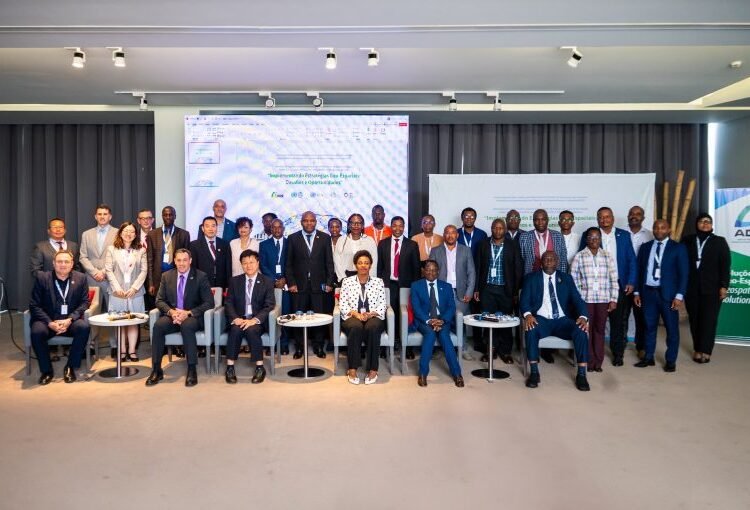The United Nations has pledged to lobby the Mozambican government to allocate state budget funds for geospatial technologies, spotlighting their critical role in mitigating the devastating effects of natural disasters.
The commitment came from Catherine Sozi, the UN Resident Coordinator in Mozambique, during her address at the Regional Forum on Enhancing Geospatial Information Management Arrangements and Accelerating the Implementation of the Sustainable Development Goals (SDGs) in Maputo on Thursday.
“We can advocate for United Nations member states to invest in these geospatial technologies,” Sozi stated. “We have to continue to raise this issue at the political level so that the [Mozambican] government commits to funding through the state budget.” Her remarks underscored the urgency of bolstering disaster preparedness in a country increasingly battered by climate-driven calamities.
Mozambique, currently in the thick of its October-to-April rainy season, has faced a relentless string of cyclones this year alone. Cyclone Chido struck on December 14, followed by Cyclone Dikeledi on January 13, and most recently Cyclone Jude on March 10.
Together, these storms have claimed approximately 150 lives, with Jude alone responsible for at least 16 deaths after making landfall in Mossuril, Nampula province. The cyclone’s wrath extended across Tete, Manica, Zambézia, Niassa, and Cabo Delgado, leaving a trail of destruction. According to the National Institute for Disaster Risk Management and Reduction (INGD), at least 384,877 people have been affected by these disasters.
ALSO READ: UGANDA SEALS $4BN OIL REFINERY DEAL WITH UAE’S ALPHA MBM
Sozi highlighted geospatial technologies as a game-changer in managing such crises. “This technology helps us better understand the impact on people and to prevent this impact,” she said, noting Mozambique’s relative proficiency in the field. “In Africa, Mozambique is better at using these technologies, but we want it to do more and do it in a more efficient way.”
Classified among the nations hardest hit by climate change, Mozambique grapples with a dual threat: recurring floods and tropical cyclones during the wet season, juxtaposed against severe droughts in drier months. The UN’s advocacy signals a push for long-term investment to shield the country from an intensifying cycle of natural disasters.






























































